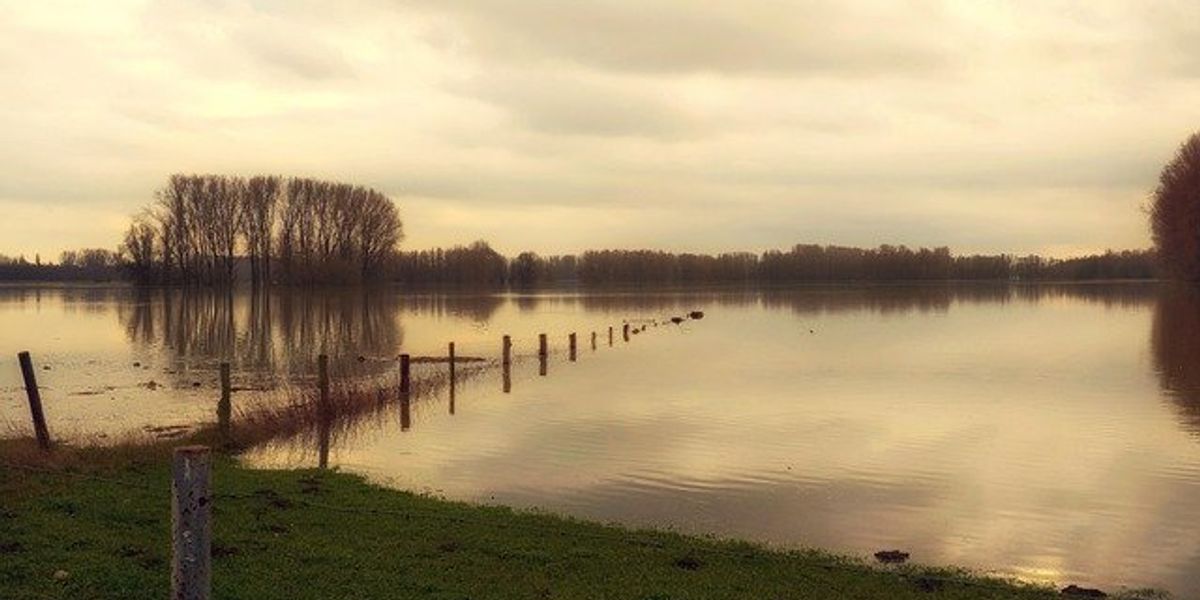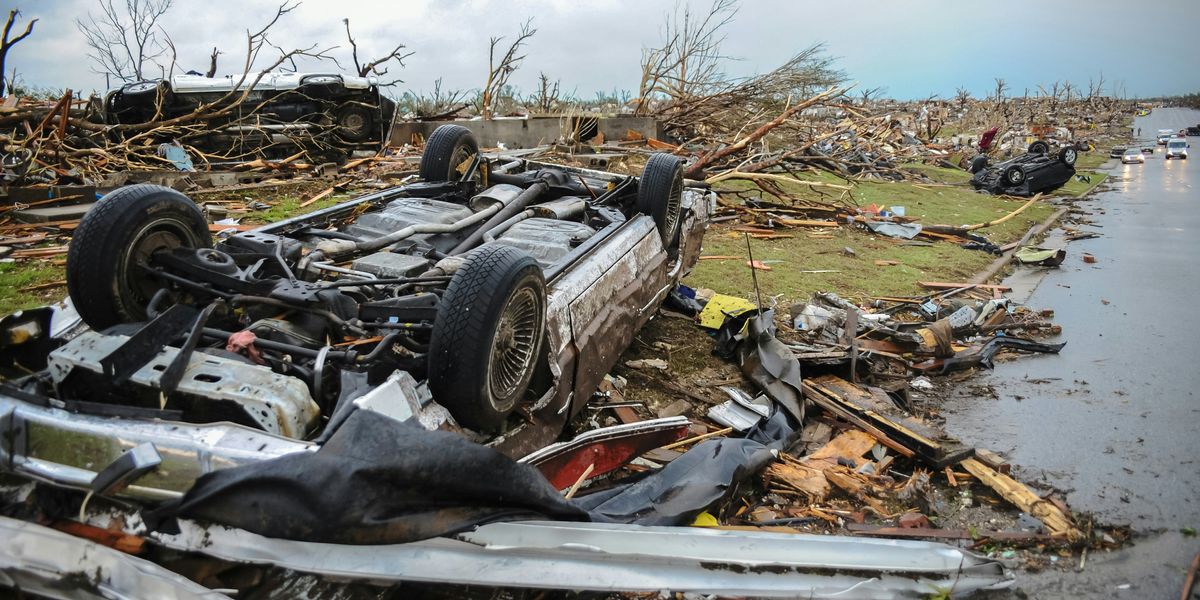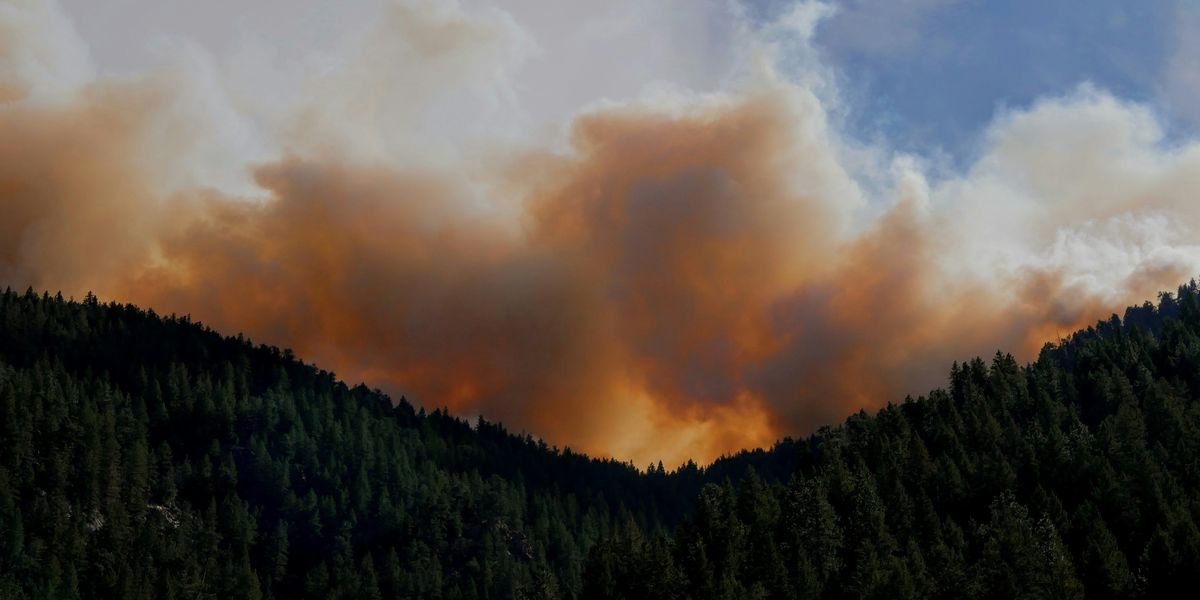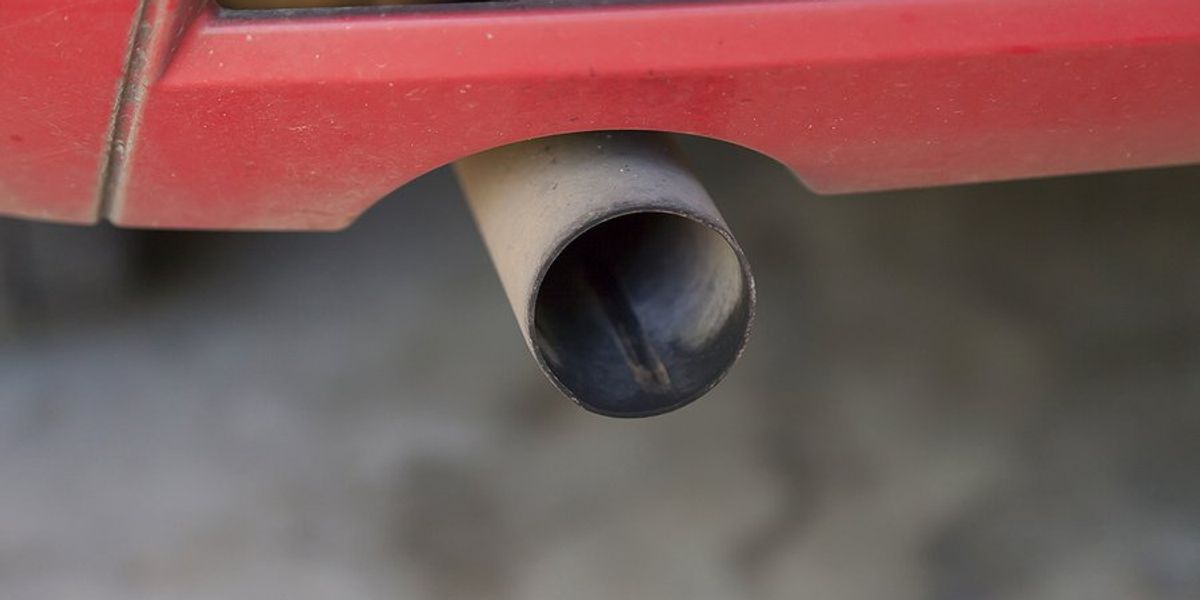generations
Grandmothers lead the charge in climate activism
A growing movement of grandmothers, driven by concern for their grandchildren's future, are at the forefront of environmental activism.
In short:
- Grandmothers, combining their activism experience and personal motivation, are significantly contributing to the climate movement.
- This demographic, often overlooked, is influencing policy and public opinion through protests and voting, focusing on a sustainable future for younger generations.
- Organizations like Elder Climate Action and Moms Clean Air Force are seeing a surge in participation from older women, highlighting a shift in the environmental activism landscape.
Key quote:
"When I look my grandchildren and my great-grandchildren, my children, in the eye, I have to be able to say, ‘I did everything I could to protect you."
— Hazel Chandler, Arizona field coordinator of Moms Clean Air Force.
Why this matters:
The involvement of grandmothers in climate activism underscores the universal impact of environmental issues. Their unique perspective and commitment offer a powerful voice in shaping policies for healthier, sustainable futures, resonating across generations.
Be sure to read: How Earth Day gave birth to environmental movement
Future generations will regard climate inaction like sending children up chimneys, says Wildlife Trusts chief
Future generations will look at current older generations in the same way older generations now view those who sent children up chimneys, according to the head of The Wildlife Trusts.
This visual shows how climate change will affect your generation
Our children will never experience a childhood as cool as ours. And our childhood wasn’t that cool.
Younger generations are the most fatalistic about climate change
The idea that younger generations care the most about the climate while older people downplay the issue and refuse to take action is a widespread myth, according to new research.
‘We need to become the solution’: older New Zealanders join climate change fight
Younger people have been more aware of the risks compared with older groups, but over the past decade that has changed.
The younger you are, the less you notice climate change, says study
Young people aren't as good at spotting environmental changes, like disappearing biodiversity, compared to older generations. It could mean that irreversible environmental change could go unnoticed if older generations aren't consulted about what should be considered 'normal'.
Six New Zealands of climate change: Which one are you?
Baby boomers are six times more likely to dismiss climate change than members of Gen Z, and twice as likely to vote, an in-depth survey has found.



















